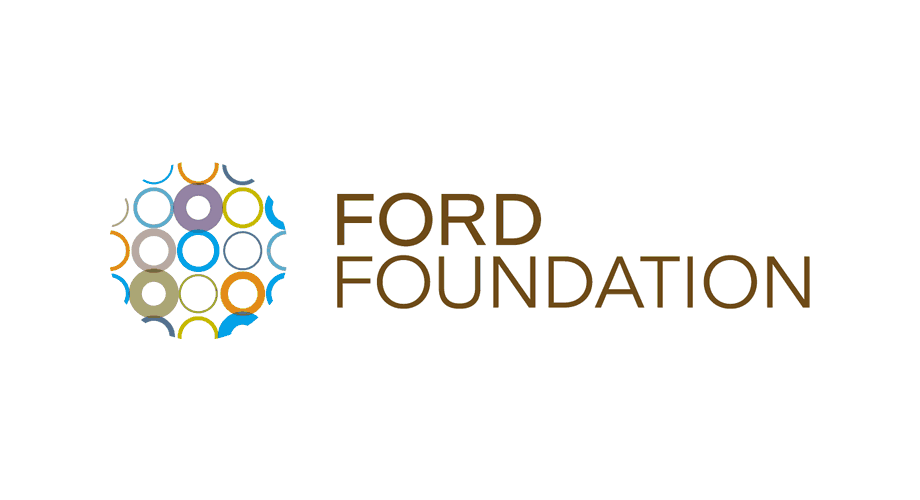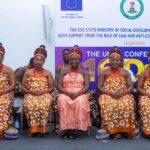Ford Foundation Friday called on the federal government to deploy enormous resources into ending gender-based violence (GBV) in the country.
The executive vice president of the international non-governmental organisation, Mrs Hilary Pennington, said that while the foundation was doing a lot globally and in Nigeria to stop the GBV and other harmful practices against women, the government still had enough resources to tackle the menace.
She also stressed the need for the government to involve indigenous people of communities where resources are being tapped as part of measures to prevent any form of restiveness.
She spoke with newsmen in Lagos Friday during her visit, where she participated in a roundtable with cultural and faith-based leaders on ending gender-based violence.
- Nigeria’s oil production crashes to .9mbpd as Angola leads Africa
- Only 17% of Nigerians have health insurance coverage – Poll
Pennington said stakeholders had more work to do to end GBV by enforcing existing laws and regulations against gender-based violence.
She said, “In many places around the world, including in Nigeria, there are laws, but they are not doing enough to stop the practices. So we are trying to focus on a number of things. The first is to get much better and improve the knowledge and the models we all have access to. That is how you prevent the violence in the first place.”
She said the second was to work on cultural norms, and that informs the meeting with traditional and religious leaders. And the last is to work on laws, policies and government funding, saying, no matter what the foundation does, their resources are small, in comparison with government’s resources.
On protecting the people of the resource-rich communities, she said, “Our diagnosis (at Ford Foundation) is that indigenous people in the communities that sit largely over natural resources are the first defenders of those resources. They don’t have legal rights to their lands, and they are not equipped to have power and to sit on the table where negotiations are being made about the values that get extracted from those lands.
She said, “Our overall goal is to make sure they are on those tables. And when they are on those tables they know the laws. They have negotiating skills, powers and background that would help them to be effective and fund research organisations, advocacy organisations that can come around the communities that are most affected and give them more power.”

 Join Daily Trust WhatsApp Community For Quick Access To News and Happenings Around You.
Join Daily Trust WhatsApp Community For Quick Access To News and Happenings Around You.


